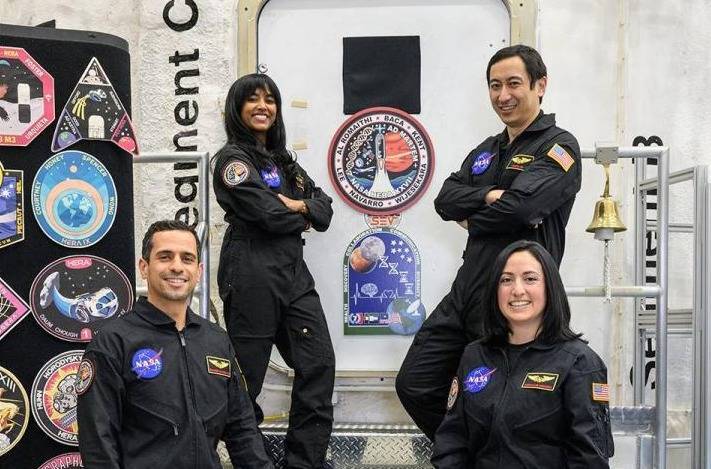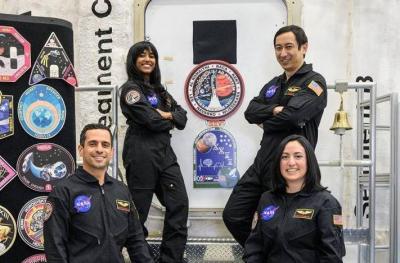The Mohammed bin Rashid Space Centre announced today, Saturday, the commencement of the second phase of the second study within the UAE Space Simulation Program, with the participation of Emirati Sharif Al-Rumaithi, who entered the Human Exploration Mission Simulation Research Complex "HERA" today. The crew for this second phase includes Jason Lee, Stephanie Navarro, and Payomi Wigiesekara, along with Al-Rumaithi, as they will work and live inside the "HERA" complex for 45 days, until June 24.
"HERA" is a unique three-story facility designed to enable scientists during this analog mission to study how crew members adapt to isolation, confinement, and conditions far from Earth, by replicating space-like environments on Earth. Crew members will conduct scientific research and operational tasks throughout their simulation mission to the Red Planet, including "walking" on the Martian surface using virtual reality. They will also face increasing communication delays of up to 5 minutes with the mission control center as they approach Mars.
Regarding the launch of this phase, Salem Humaid Al-Mari, Director General of the Mohammed bin Rashid Space Centre, stated: "The UAE Space Simulation Program is important in our vision of integrating advanced scientific research with our strategic objectives, making the UAE a leader in space technology at both regional and international levels. Through the Earth simulations we are undertaking in collaboration with our partners at NASA, we are meticulously preparing our teams to face the tremendous challenges of space exploration, as well as enhancing the UAE and the Arab world’s position as key players in the international space community, and continuing to inspire new generations to achieve further accomplishments in this exceptional field."
The second study within the UAE Space Simulation Program consists of 4 different phases and includes conducting 18 studies on human health. The experiments, which will be carried out on Earth, will evaluate the physiological, behavioral, and psychological responses of crew members in an environment similar to what astronauts will face on a journey to Mars. Alongside international efforts, both the United Arab Emirates University, Mohammed bin Rashid University of Medicine and Health Sciences, and the American University of Sharjah will contribute 6 studies in various fields.




